'I have lost all faith and trust in this broken nation'
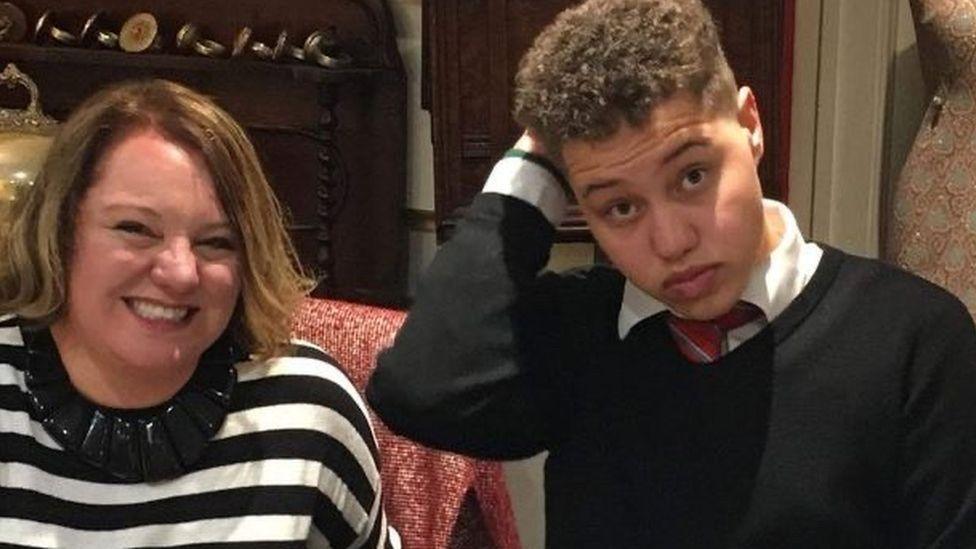
Chris Nota, pictured with his mother Julia Hopper, was described as a "gentle giant" who masked his feelings and struggled to get help
- Published
The mother of a teenager with autism who died after being discharged from a mental health unit has told a public inquiry she has "lost all faith, hope and trust in this broken nation".
Julia Hopper told the Lampard Inquiry, which is looking at the deaths of more than 2,000 mental health patients in Essex between 2000 and 2023, the system was "hellish to its absolute stinking core".
Her son Christopher Nota, 19, from Southend, had repeatedly been discharged from inpatient units, despite being seriously unwell, and died after falling from height in July 2020.
An inquest found significant failures in his care had contributed to his death.
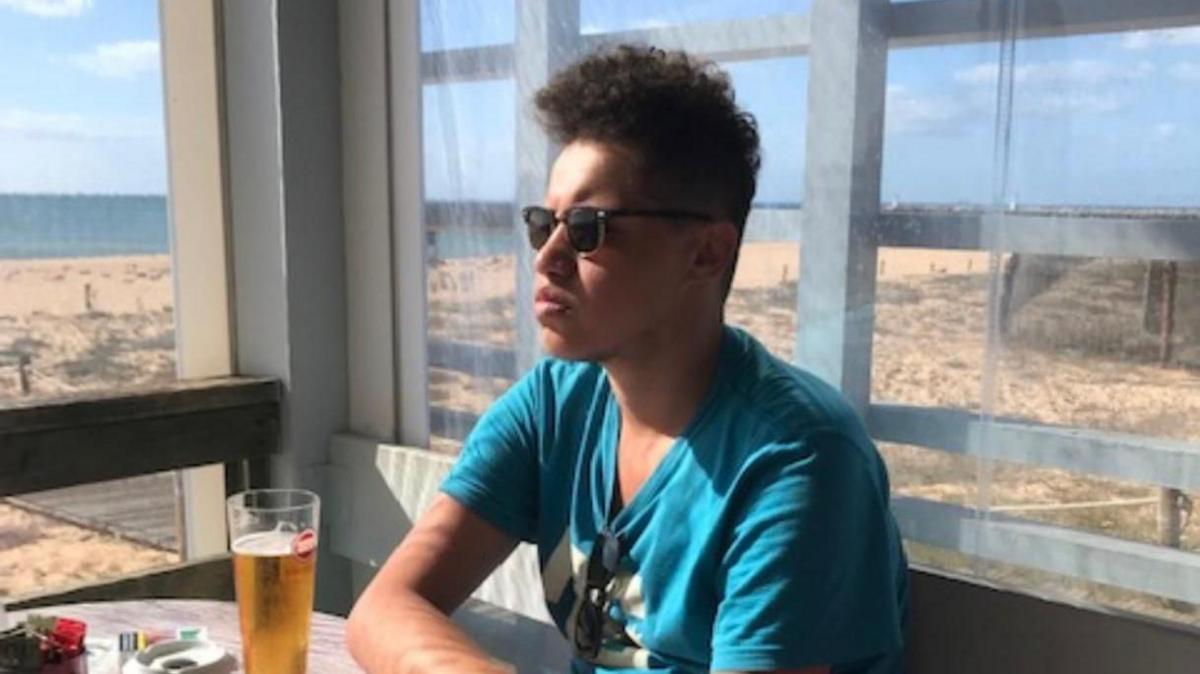
Mr Nota was 19 when he died
Ms Hopper described how, as a child, he had struggled to sleep and had "no fear".
She said he had looked "so normal physically" that teachers did not believe he was autistic, and he concealed his feelings.
Mr Nota became depressed after the death of his grandmother and was bullied.
His mother said she had tried to get help from mental health services, but was ignored.
He had not received the support he needed, she said, and his health had deteriorated during the Covid pandemic.
Mr Nota, 19, was under the care of Essex Partnership University NHS Trust (EPUT), which provides the majority of mental health services in the county, and Southend City Council.
Ms Hopper said she had to live with the knowledge that "the majority of people paid to keep Chris safe knew that he was at great risk and did not act as they should have done".
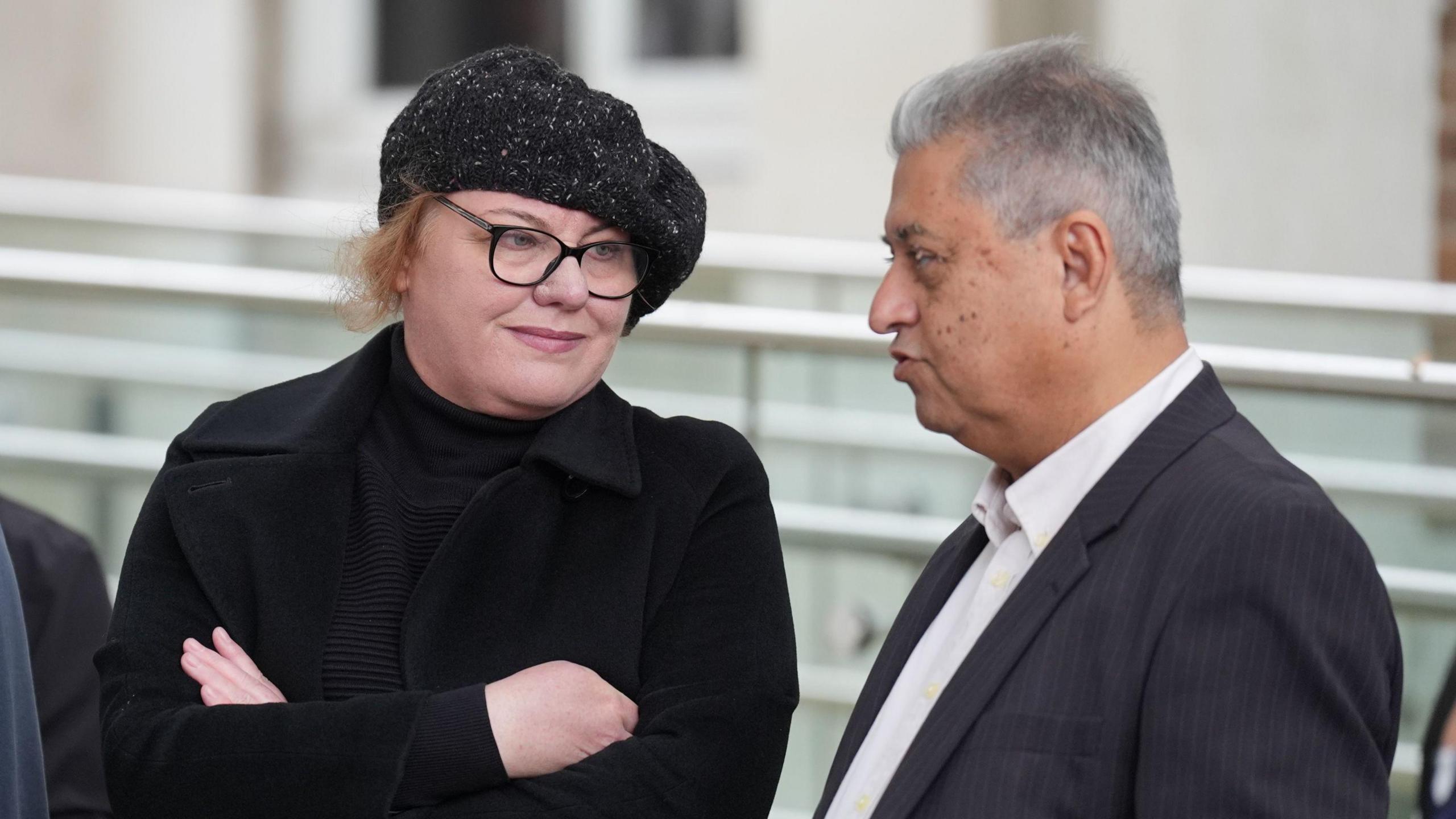
Julia Hopper talking to Kobad Bankwala, 68, the father of Darian Bankwala, who was 22 years old when he took his life in Wickford, Essex
Ms Hopper said since his death, she had been diagnosed with post-traumatic stress disorder and admitted to hospital with high blood pressure.
She said she was in the process of leaving the UK to protect her other children and could not "feel safe" in this country.
"What we need is a broad and uncompromising inquiry that encompasses every issue, every agency, every death, and serious failing.. and if not, why not?" said Ms Hopper.
"People like me are told we are greedy in attempting to address these issues and wanting to establish basic safety.
"This present system is rotten, poisonous, radioactive and corrupt, crude and medieval, toxic and hellish to its absolute stinking core.
"Christopher, we love you."
She described how she had campaigned for the inquiry and had called for better treatment for people with autism suffering mental health issues.
She said she had advocated for many children with additional needs in Southend, adding that eight-year-olds who had suicidal ideation could access "nothing".
Instead, she said, mentally ill children were being penalised for playing truant.
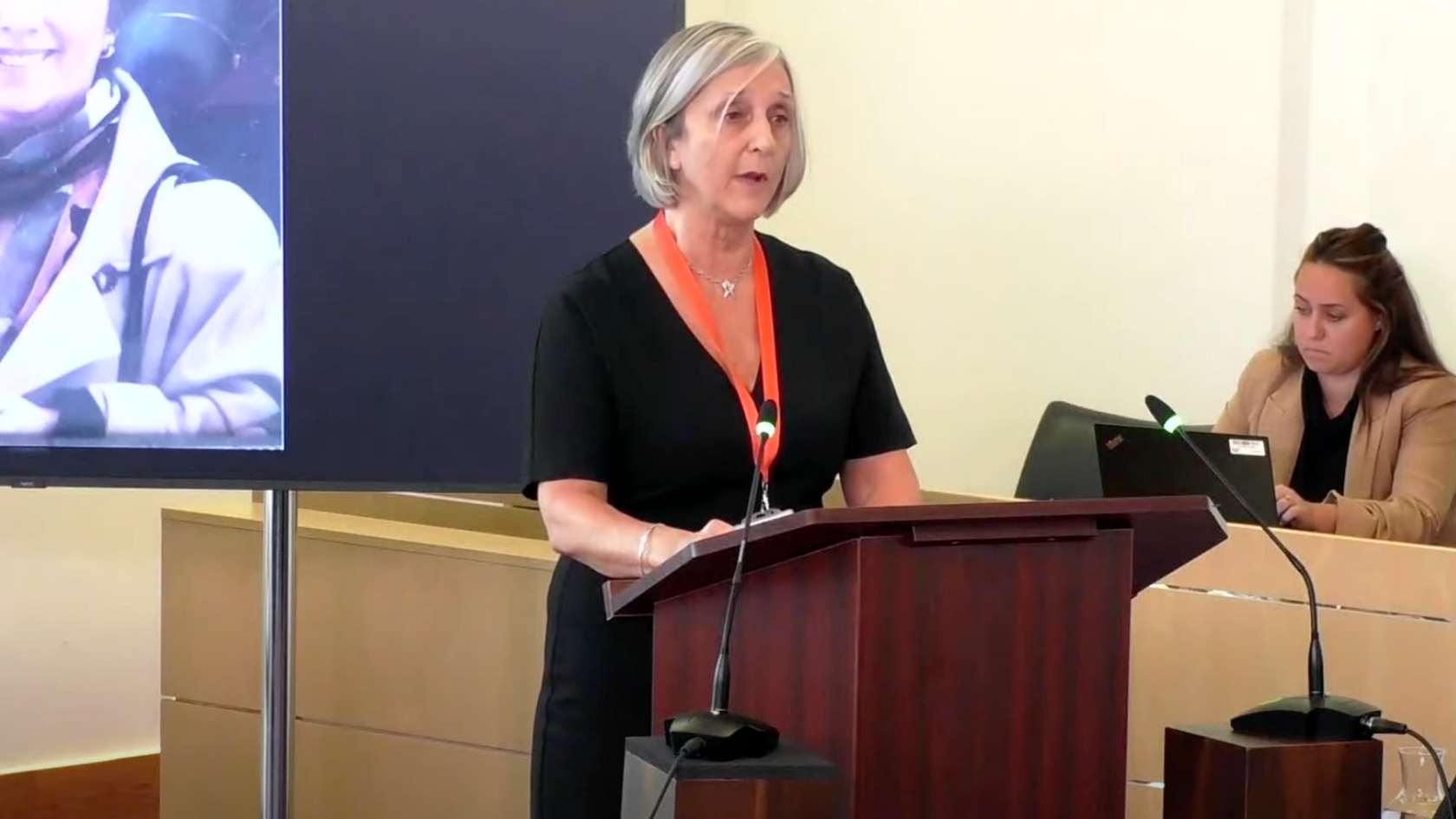
Dawn Johnson was told her mother's planned three-week stay on Ruby Ward at the Crystal Centre was supposed to be a "quick fix", but she never returned home
The inquiry also heard from Dawn Johnson, whose mother Iris Scott was found hanging in her bedroom at the Crystal Centre, Chelmsford, in 2014.
Her death, aged 73, was one of those investigated by the Health and Safety Executive (HSE), which fined EPUT £1.5m for safety failings in 2021.
Describing her mother as the "life and soul of the party" who had put her family at the centre of everything, Ms Johnson said the lack of care she had received "humiliated her and her condition".
"The failings of those entrusted to keep her safe not only led to the horrific and avoidable death, but also undermined and riddled her nearest and dearest of the right and the ability to grieve properly and wholly," she said.
James Nolan described how his father Michael Nolan, 63, became depressed after his own mother died.
He was sectioned to a mental health ward in Essex, but took his life in 2022.
Mr Nolan said he had been shocked to learn at the subsequent inquest that staff had not observed his father, as they should have done.
"They didn't give him the care, attention and treatment he so desperately needed," said Mr Nolan, adding he could no longer "trust the NHS".
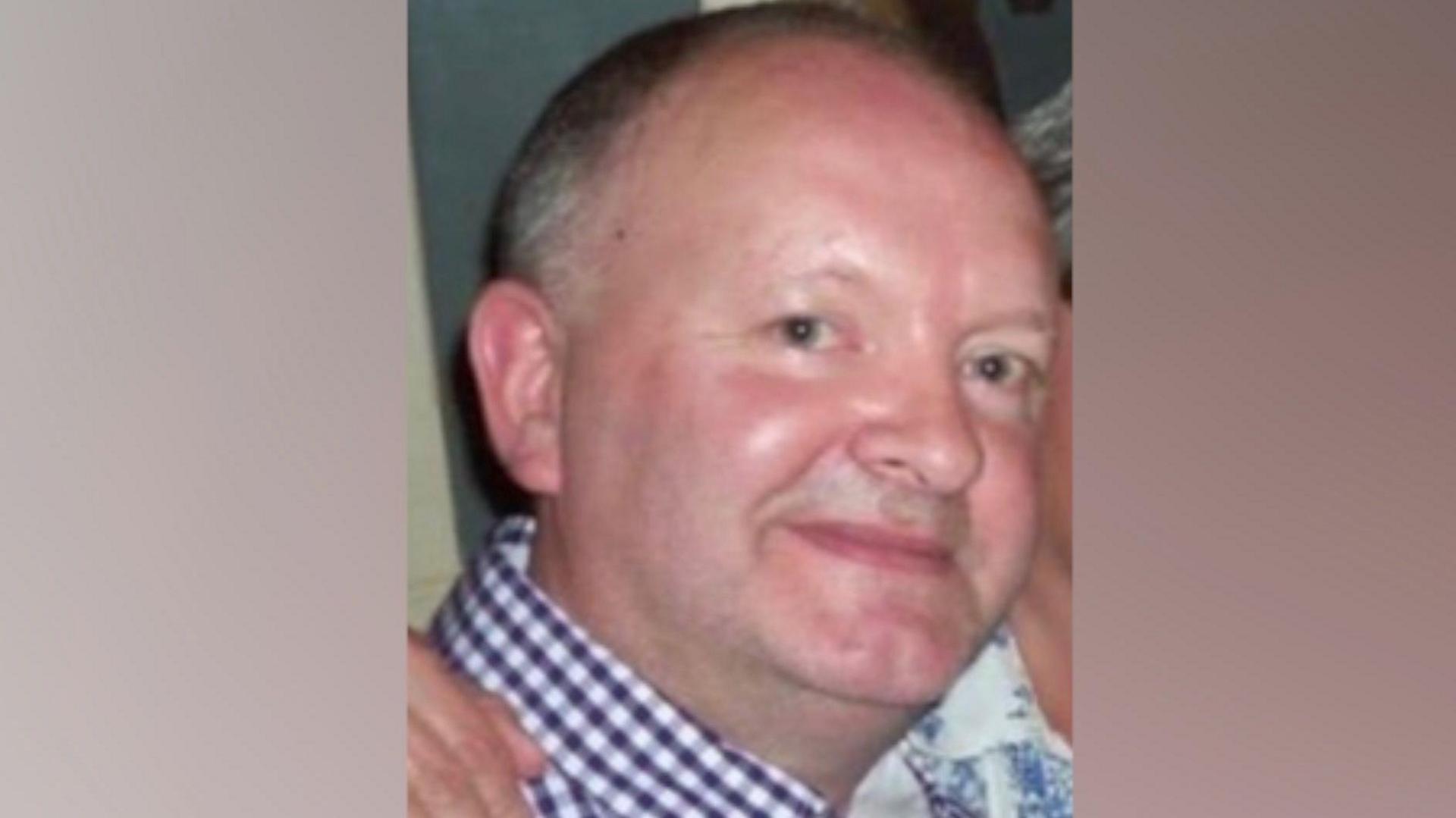
James Nolan said he felt his father Michael's death could have been prevented
Paul Scott, chief executive of EPUT, said: “I want to say how sorry I am to anyone who has lost a loved one or whose care has not been of the standard it should have been.
"I welcome the Lampard Inquiry and we will do all we can to support Baroness Lampard and the team to deliver the answers that families and patients are seeking.”
The inquiry continues in November with a two-week session, being heard remotely.
Evidence sessions will be held in London in 2025, with a final report unlikely to be published before the end of 2026.
More on the Lampard Inquiry
- Published19 September 2024
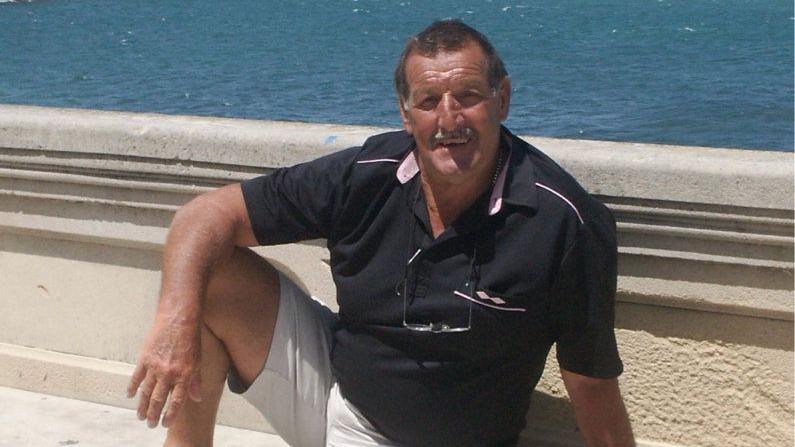
- Published17 September 2024
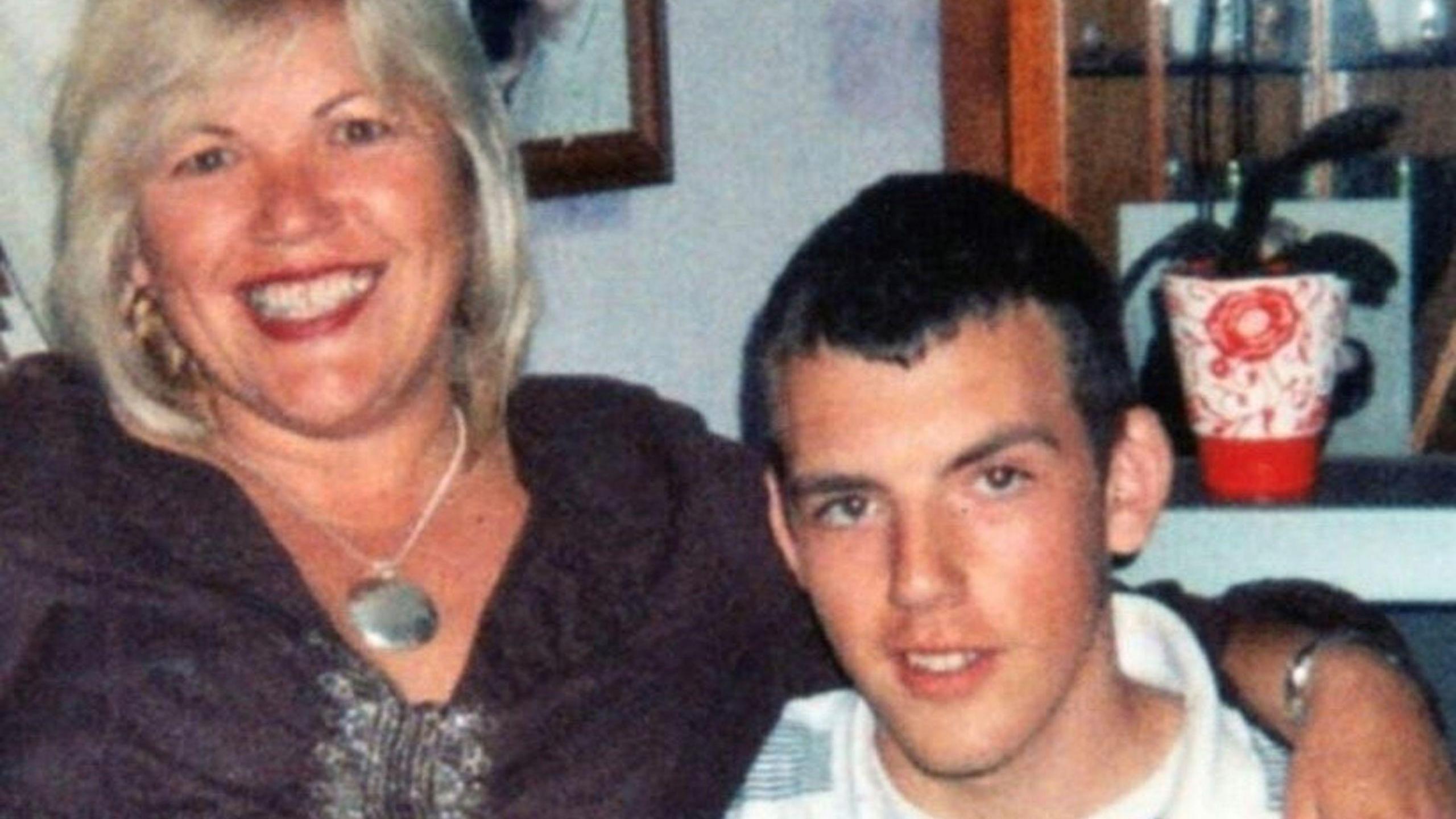
- Published13 October